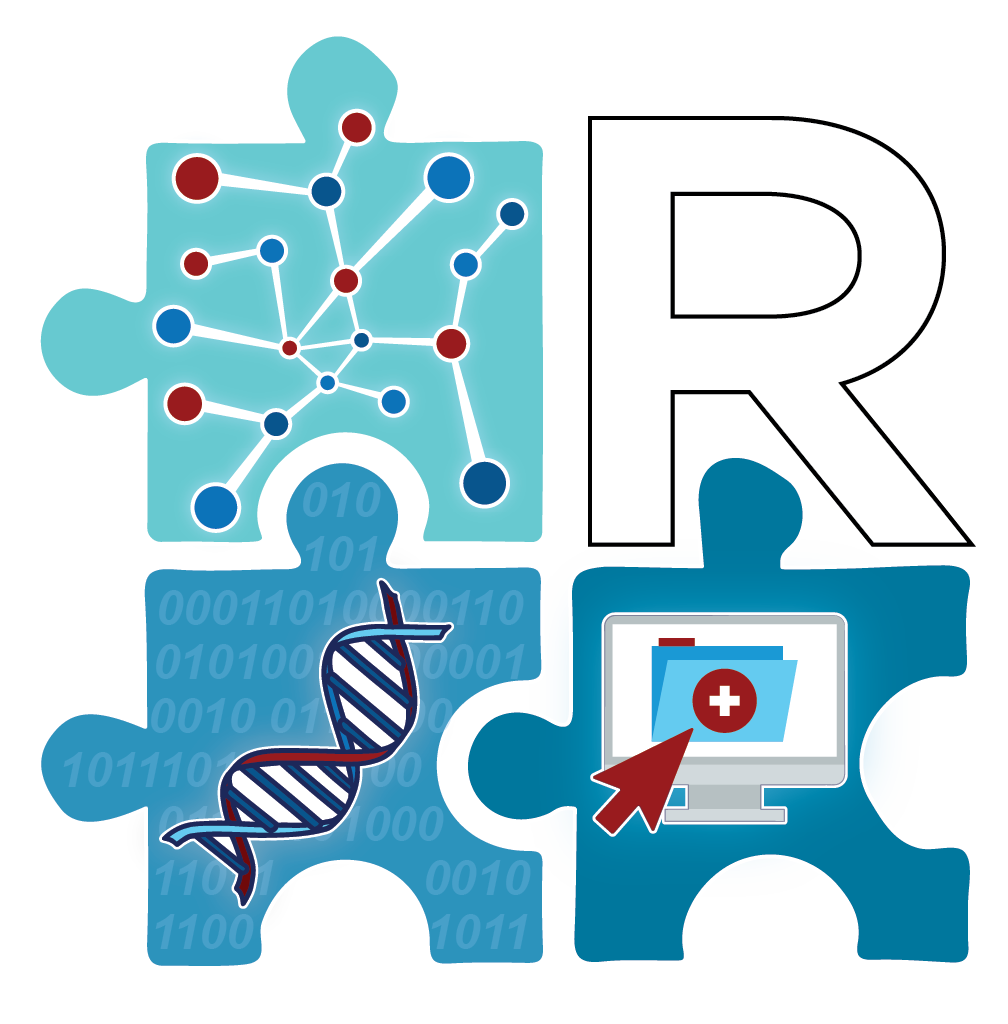PLATO Downloads
What is PLATO ?
The PLatform for the Analysis, Translation, and Organization of large-scale data (PLATO) is a standalone program written in C++ that is designed to be a flexible and extensible analysis tool for a wide variety of genetic data. PLATO includes a configurable set of QC and analysis steps that can be used for the filtering and analysis of data in a single command step. Further, through the abstraction of genetic data, PLATO allows for the easy addition of customized analysis or filtering steps requiring only a basic level of computing expertise.
Why use PLATO ?
With the wide array of genotypic and phenotypic data available, there is no single analytical method that is appropriate for all data. In fact, no single method can be optimal for all datasets, especially when the genetic architecture for diseases can vary substantially. PLATO serves as an integrative platform that can accommodate multiple analytical methods for analysis as we learn more about genetic architecture. By allowing for user customization through the use of command line options, PLATO can adapt to many different kinds of data and analyses. Additionally, PLATO has the ability to be run in parallel for some steps, reducing the computing time of the analyses on the multi-core machines that have become standard.
Notes about PLATO 2.0
PLATO 2.0 is a complete rewrite of the previous version of PLATO, intended to simplify the most commonly used analysis steps. We have enhanced the steps that we have found most useful, and removed other steps that we weren't using PLATO for. Please see the user manual for a complete summary of all that PLATO can do. If there was a feature in PLATO 1.2 that is no longer in 2.0 that you would find useful, please let us know by using the Conctact Us link above.
Preview Release:
- PLATO 2.1.0-beta4, released on December 8, 2020.
What's Coming in PLATO 2.1:
- Ability to use categorical covariates without manual dummy-encoding
- Addition of Firth bias reduction in logistic regression
- Reporting and correcting for genomic inflation factor
- Permutation p-value calculations added
- Higher resolution of small p-values
- Fixed some deadlocking, especially when using MPI
Latest Releases:
- PLATO 2.0.0, released on August 28, 2014
New Features in PLATO 2.0:
- PLATO has a completely rewritten command structure, and all commands can be given on the command line.
- Able to read VCF, Beagle, TPED, and LGEN files
- Can work with arbitrary number of chromosomes
- Added more complex model-generation techniques for regression testing
- Ability to run PheWAS
- MPI Parallelization
Documentation:
Archived Releases:
- PLATO 1.2.6, released October 17, 2013
- PLATO 1.2.5, released October 10, 2013
- PLATO 1.2.4, released September 13, 2013
- PLATO 1.2.3, released July 22, 2013
- PLATO 1.2.2, released June 19, 2013
- PLATO 1.2.1, released June 5, 2013
Bug Fixes in Plato 1.2.x
- Version 1.2.4 contains a bug fix for likelihood ratio test p-values when using logistic regression in the interaction method (introduced in version 1.2). Please update your installation to the latest version.
- We have found a critical bug in PLATO versions 1.2.1 and earlier regarding reading binary PLINK files. This has been fixed in version 1.2.2; please update your installation at your earliest convenience. For more details on bug fix click here

